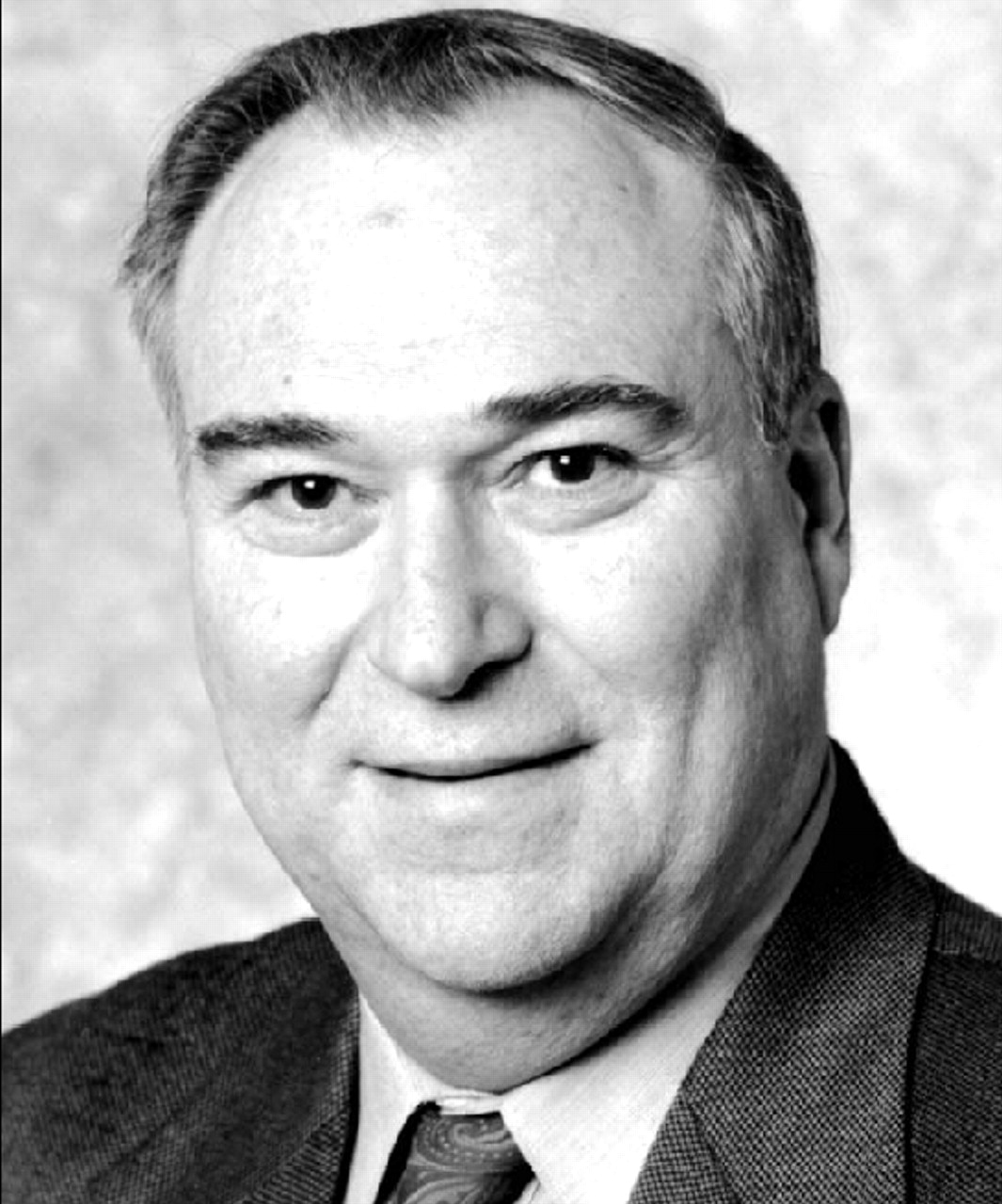Recorder

Larry Kline, M.D.
Biographical Statement
This is my record of leadership.
I first became active in the Suburban Maryland Chapter of the Washington Psychiatric Society in 1975, leading an effort that improved the state Medicaid payment for office psychiatric treatment 500 percent. Next, I led the effort that nearly doubled the payment required by our state’s parity law. Graduating to the district-branch level, I led the battle to enact a parity law in D.C., one that remains the best in the nation, far superior to the bill that recently passed the Senate. While president of the WPS in 1985, the first for-profit mental health carveout company was started. I had our attorney warn the company not to defeat the purpose of parity and was threatened with a lawsuit. I then wrote the very first action paper on managed care in the Assembly while still a DB president.
During my 16 years in the Assembly, I have served as an Area representative and as chairman of the ad hoc Assembly Committee on Managed Care. Working with Larry Sack, we formed the Private Practice Caucus. We gained passage of an action paper calling for the establishment of the Committee on Psychotherapy. I was one of the initial members appointed to that component. I served as chair of the Council on Economic Affairs, helped Steve Mirin to form the Council on Quality Improvement, and have served on that council and on its Committee on Quality Indicators. As APA’s representative to the URAC Standards Committee, I was the first physician elected its chair.
At Suburban Hospital in Bethesda, I serve as medical director for psychiatry. Our hospital achieved the highest JCAHO rating in the area. Having become boarded in geriatric psychiatry, I helped found and have served as medical director of our county’s only geropsychiatric program that recently achieved a three-year CARF certification.
Candidacy Statement
Reestablishing the Relevance of the Assembly
Many in the Assembly perceive it as a group that is under attack and losing its relevance to APA. If elected, I will lead a renaissance of our role in governance. I will focus on our leadership in retaining current members and recruiting new ones, in reversing the defunding of our treatment services, and in protecting the quality of the services delivered to the public.
Retaining Loyalty Through Fairness in Appointments
The Assembly is the incubator of leaders for the Association. A review of the statistics demonstrates that our major challenge in the striking reduction in our membership lies with recruitment and retention of early career psychiatrists and from competition with subspecialty associations. If an influential, active psychiatrist becomes frustrated because he or she finds himself or herself unable to make his or her views heard, because he or she is unwilling to wait 20 years for a major appointment, that psychiatrist is going to find a more receptive home in a subspecialty group and take his or her friends along. What ought to count in the appointments process should not be who you know or how long you’ve known them, but what you know. If I am elected, I will follow this principle.
Getting Our Hand Back on the Financial Tiller
As medical director of our local hospital’s Behavioral Health Service, I successfully negotiated a two-thirds reduction in the frequency of reviews required for the approval of partial hospital treatment and a nearly three times increase in the number of days initially approved for substance use rehabilitation. Our administrative director and I took advantage of a situation in which a major managed care company was being threatened with the loss of a major contract. We created the leverage that made our negotiation a success. We must deal with these folk with toughness, savvy, and persistence. My election will strengthen the Assembly’s leadership team and improve the Assembly’s influence on private sector issues. But I also understand the vital importance of the public sector and work on APA’s Work Group on Financing the Treatment of Chronic Mental Illness to improve funding. And I am not so foolish as to think that, ultimately, this nation’s system of employer-owned health care insurance should survive. That’s why I am working to develop a medical savings account proposal that will be acceptable to both political parties; assist low-income, retired, and disabled people; as well as help provide for the financial security of contributors. The earnings from the investment of health care insurance dollars belong to those who pay for the insurance!
Guardians of Quality
Those of us in the Assembly are closest to the grass roots. In our nation, licensing professionals and defining their scope of practice are duties of our states and vary from state to state. It is our responsibility to make this our most important quality-of-care issue on the DB level. We must tell our legislators and our medical colleagues that the medications we use can be just as dangerous, even lethal, as any others used in medicine. We must lead our DBs toward an even more active involvement with state medical associations. Any professional seeking to prescribe medications should demonstrate competence in the basic medical sciences, as we already do. We must point out that psychologists with prescribing privileges are no more likely to leave Santa Fe and Albuquerque and move to Truth or Consequences, N.M., and to their counterparts in other states than were psychologists without them.
It’s time for Kline. ▪



